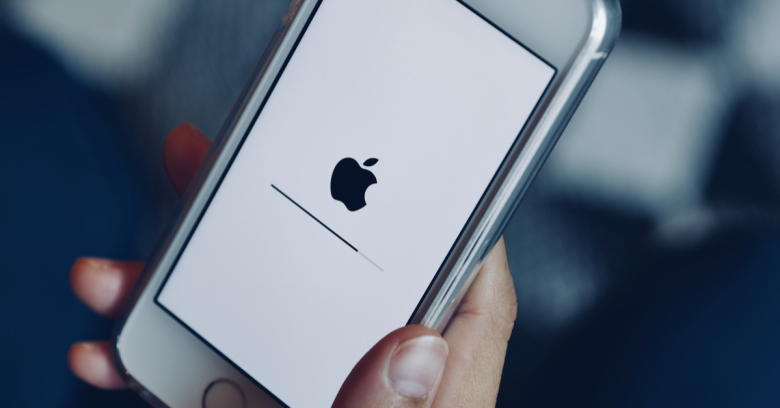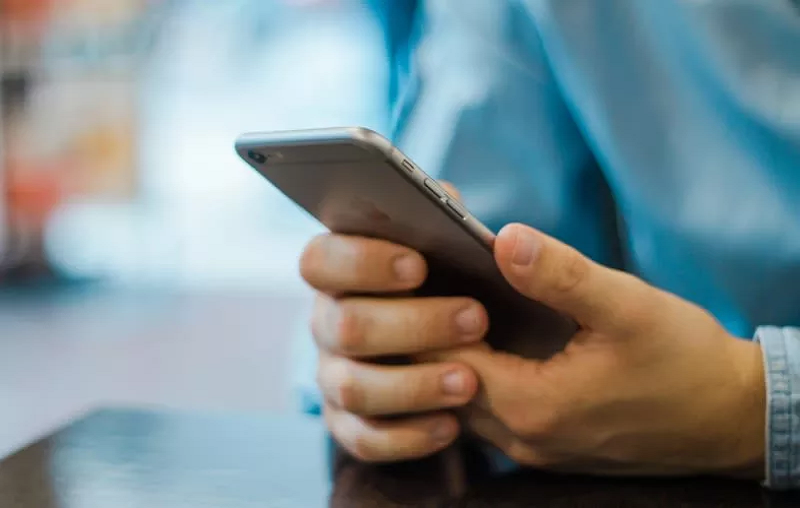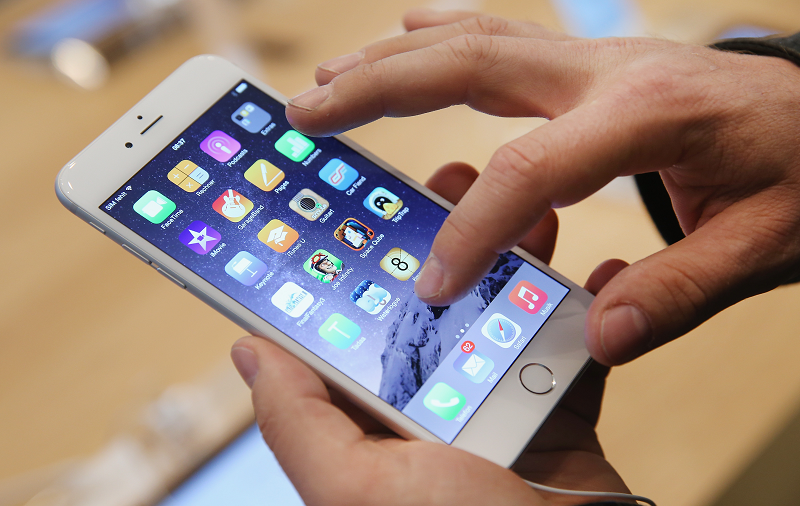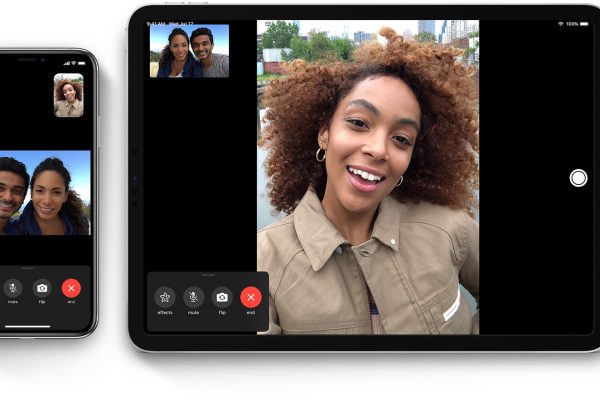Apple boasts an airtight data security system, and widespread cyber-attacks against iPhones are a rarity. Other than covering vulnerabilities almost as fast as they show up, Apple’s workforce combs through their systems to ensure that any patch or update they send out is exemplary. If it isn’t, they fine-tune it before it can wreak any havoc. However, the iPhone isn’t immune to cyber-attacks.
In fact, the number of managed service providers who have been reporting iOS attacks has risen by almost 500% from 2017. As every day goes by, hackers are also aggressively trying to maneuver around this security system. While you can always rely on Apple to continue making their phones secure, some of the security loopholes actually depend on how you use your iPhone. Luckily, it is pretty easy to keep your data safe and you must aware of the latest iOS features.
Here is how to improve the security of your iPhone in 2020:
Table of Contents
Be Wise With Your Password Management
Regardless of how airtight the security system of your iPhone is, a simple password can be easy to maneuver. In fact, hackers do sell commonly used passwords on the internet, making it easy to access the accounts on your iPhone and your device as well. Avoid using easy-to-guess passwords like your dog’s name or a spouse’s birthday.
Instead, you should use long passwords that include alphanumeric characters. No two accounts should share the same password. If you use a similar password across all the accounts on your phone, anyone who gains access to the initial password can access the rest of your data.
Luckily, the iPhone’s password manager comes with a password auditing feature. It lets you comb through the accounts you access through your phone to identify those that share passwords. Use it to make changes to shared passwords.
Update Your iOS
As mentioned earlier, iOS developers are always looking for security vulnerabilities and ways to patch them. Immediately they do, they send out security updates that patch vulnerable devices. Most of these patches are meant to eliminate cyber-security threats that could wreak havoc on your data security. As long as you don’t make these updates, your iPhone will be vulnerable to threats.
Instead of pressing the ‘remind me later’ button when your iPhone prompts you for updates, make it a habit to make these updates. In fact, you can switch on auto-updates to ensure that your phone starts receiving updates every time you connect to a Wi-Fi network. However, be careful with the Wi-Fi networks you download updates from and only use secure networks.
Connect To Wi-Fi Networks Securely
If you are connected to public Wi-Fi networks, it can be very easy for hackers to gain access to your data or access conversations. As a result, you should avoid public Wi-Fi networks. If you must connect to one, use a VPN to ensure that your data is protected.
As for auto-joining Wi-Fi networks, be sure to disable this feature on every saved Wi-Fi network. This will prevent hackers from using the Wi-Fi networks you commonly have access to for capturing your data or eavesdropping on your transactions on the phone.
Be Careful With How You Handle Apps
As a rule of thumb, avoid side-loading apps on your iPhone. While an app outside the play store might seem enticing, it doesn’t play by the same rules as the apps on the play store. Apple has strict guidelines that app developers need to adhere to, for security and functionality purposes, for their apps to be present on the play store. If you download from other sources on the internet, you risk installing apps that are rife will malware and spyware.
Next, read through app permissions before accepting them on a new app. If you don’t want an app to access something specific on your phone, you shouldn’t give it the permission to, even though you might not use the app optimally. Despite their strict guidelines app developers need to follow to have their apps on the app store, Apple doesn’t have complete control over what apps do with the data they collect from your phone, which has been a huge source of contention between security-conscious users and Apple.
Some of this data is sold on the internet to other companies. As long as you do not want the app to collect specific types of data, you can stop it. Also, be sure to read app reviews before downloading them. You should be skeptical of widely unpopular apps as they can come with security loopholes.
Take Control Of Your USB Port
Your USB port can be an easy way for hackers to gain access to data on your iPhone. While you might have switched off your screen, a hacker can send malware into your phone by simply connecting a USB, which can wreak havoc on your phone’s security. The best option would be to turn on USB restricted mode in your phone’s settings. It prevents USB cables and headphones from connecting with your device as long as it has been locked for more than an hour.
Also, be careful while charging your phone on public ports. Hackers have been so sneaky that they have been using power outlets in public places to copy data off iPhones. If you must charge your iPhone in a public space, purchase a USB data blocker. This cheap USB dongle will sit between your charging cable and the USB socket. It blocks data pins and only allows power lanes to interact with the power source.
Nowadays, people store a lot of data on their phones, from credit card details to family photos. You might even store corporate data within your phone, whose exposure could be detrimental. The good thing is that maintaining high data security standards on your phone is quite easy. Use the tips above to keep your most valued data safe.





